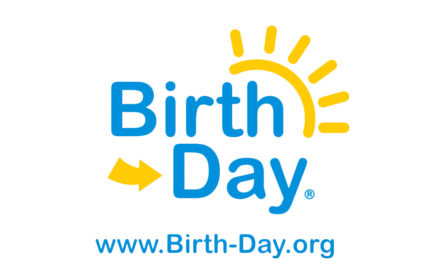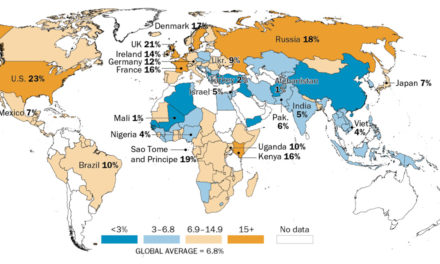Thirteen years ago, a group of Jewish scholars and investors grew deeply concerned about the dark and destructive aspects of internet content, such as pornography, gambling, nudity, sexting and graphic violence. But they also recognized the need for Orthodox Jews to access the internet for its legitimate education and news purposes.
One of the group, Rabbi Yehoshua Shapira, was the father of eleven children, an education leader in Israel and the founder of an Orthodox school near Tel Aviv, the Ramat Gan Yeshiva. Another was Rabbi Moshe Weiss, the son of two Auschwitz survivors and the father of ten children, who had also opened a school in Israel in 1991 for immigrant children from the former Soviet Union – some of them fatherless. These men were led by their faith and the belief that families should be able to get the good of the Internet without the bad.
The group began development of a company and product called Netspark. Weiss became the company’s chairman, and they developed a web filtering system that uses artificial intelligence to filter and block unwanted content – in real time. The Gospel Coalition recently reported that the filtering device “protects more than 2 million smartphones, tablets, and computers,” and it is used in 90% of Israeli schools.
Now the product is coming to the U.S. under the name Canopy. While the Israeli filter offers seven settings, Canopy now offers filters for nudity and pornography, with more being developed for the U.S. market. The Austin-based company did a soft launch in March, with more than 2,500 families currently using the product.
The Daily Citizen recently sat down with Canopy CEO Sean Clifford to talk about the filtering device. As a believer and the father of four children, Clifford is excited about the potential of this new product. He said Canopy is a preventative tool – not an accountability tool like other pornography blockers – designed to keep the next generation from being exposed to pornography. In addition to prevention, Canopy works to bring parents and children together, providing some coaching advice for parents as they talk with their children about internet content.
Currently, Canopy works as a filter in a device’s browser, and it also gives parents the ability to block apps – such as Snapchat and Instagram – completely. Canopy will block sites dedicated to pornography and nudity, but it can also remove inappropriate content from a site that may also have some appropriate content.
Canopy can be downloaded to specific devices, and parents manage the device through their Parent Dashboard.
Canopy can also help deter sexting. If a child takes an inappropriate photo and stores it on their phone, Canopy then gives this message, “Hi, are you sure you want to share this image? Let’s run this by your parent to make sure you’re safe.” The child is then given the choice to either delete the photo or send it to their parents for approval. Again, the goal is to keep children safe – but also to promote interaction with parents.
Clifford told us the app recognizes 99.7% of pornography and nudity in images, text and videos, adding that the artificial intelligence is always improving over time. He also said the company hopes to add other features in the future, such as recognizing and eliminating extreme violence from websites.
Clifford told us Canopy’s goal is to help parents strengthen relationships with their children through ongoing conversations. Many parents are fearful about their children encountering harmful, damaging materials on the internet. But the company wants to bring people a message of hope – that they can utilize helpful technology while also safeguarding their families.
Related resources and articles:
Find out more about Canopy.
Counseling Consultation & Referrals
Parenting: Sexuality Education
Plugged In Parent’s Guide to Today’s Technology
Resources to Help You Fight Pornography Addiction
Resources: Overcoming Sexual Brokenness
Photo from Canopy






